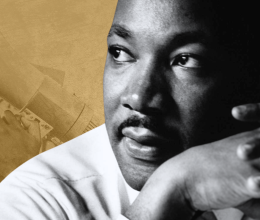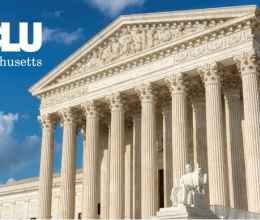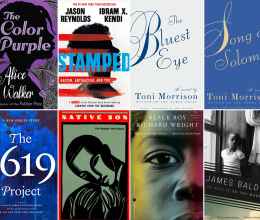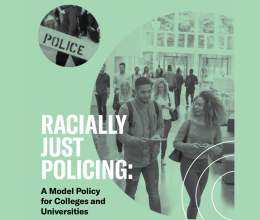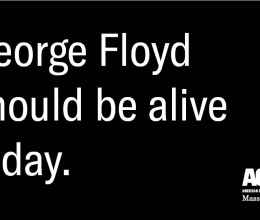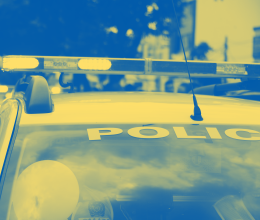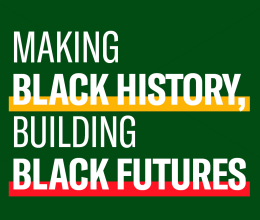
When WBUR's Simón Rios was covering a recent story in Back Bay, his interview was interrupted by someone hurling a racial slur at a bystander. The incident prompted him to examine the climate of race in Boston. He explained, "given the number of recent racial incidents in Boston — and the city's long and complex legacy of race relations — we felt we needed to report on what I'd heard." For this report, he turned to Rahsaan Hall, director of the Racial Justice Program at the ACLU of Massachusetts.
"We can't necessarily compare whether or not people are calling black folks the N-word more so here than in New Jersey or in Detroit or somewhere in the deep South," Hall told WBUR during a protest. "But what I do know is that the structural disparities that exist in Massachusetts are worse than some of the national disparities."
Hall points to research that shows African-Americans in Massachusetts fare worse than the rest of the country in economic and education measures. And, nationwide, blacks are nearly six times more likely than whites to be incarcerated; in Massachusetts, they're almost eight times more likely.
"To me that says that Boston and Massachusetts [have] more significant problems with race than other places in the country," Hall said.
Hall is talking about "structural racism," the idea that society is structured in a way that discriminates against minorities.
So, is there a connection between structural racism and the kind of racism where a white man feels free to shout the N-word at a black man? For Hall, the answer is yes. He says acts of individual racism are supported by — and inspired by -- structural racism.
"It's easy to point out the person that's obviously doing racist things," he said. "It's harder to have a conversation about the people who are maintaining systems of oppression ... and until we get to that and start teasing that apart, there's really not going to be any substantive change."
To read the full article and hear the interview, click here.
